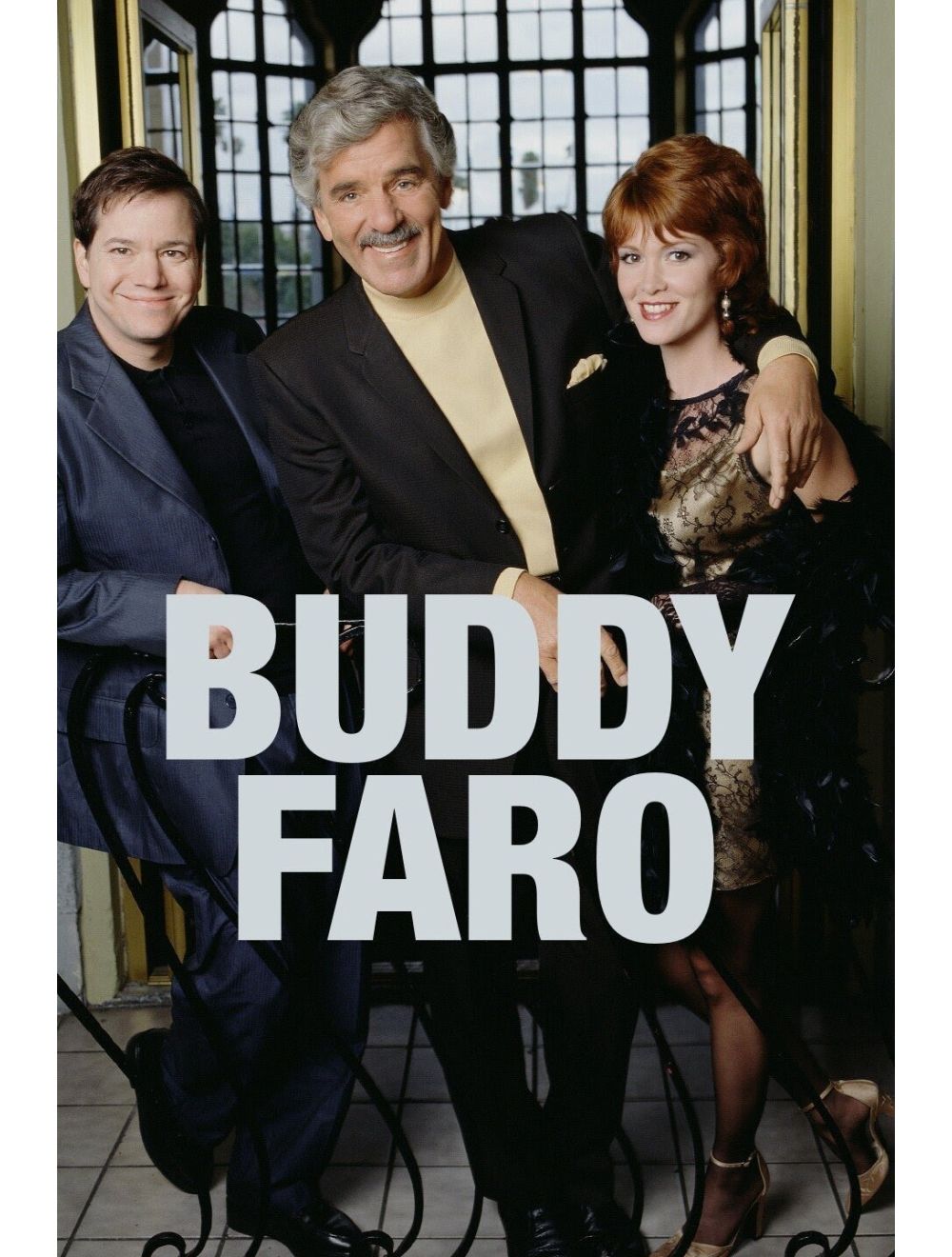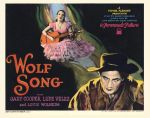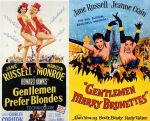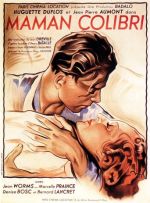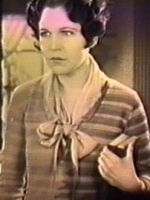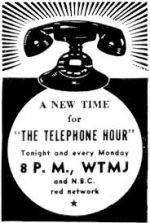Buddy Faro (1998 TV series)(8 episodes) DVD-R
was
$31.99
Special Price
$27.19
Availability:
In stock
SKU
BUFA1998
8 episodes!
After vanishing for 20 years, a hip 70's private detective brings his act into the 90's with the help of his young partner Bob and a couple of trusty assistants.
Starring Dennis Farina, Frank Whaley, Allison Smith, Charles Robinson, Pamela Gordon
After vanishing for 20 years, a hip 70's private detective brings his act into the 90's with the help of his young partner Bob and a couple of trusty assistants.
Starring Dennis Farina, Frank Whaley, Allison Smith, Charles Robinson, Pamela Gordon
| Product Name | Buddy Faro (1998 TV series)(8 episodes) DVD-R |
|---|---|
| This item is returnable | No |
Write Your Own Review

